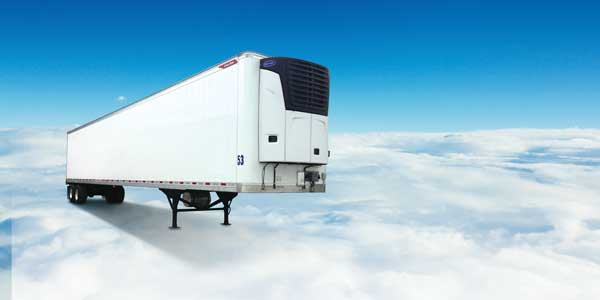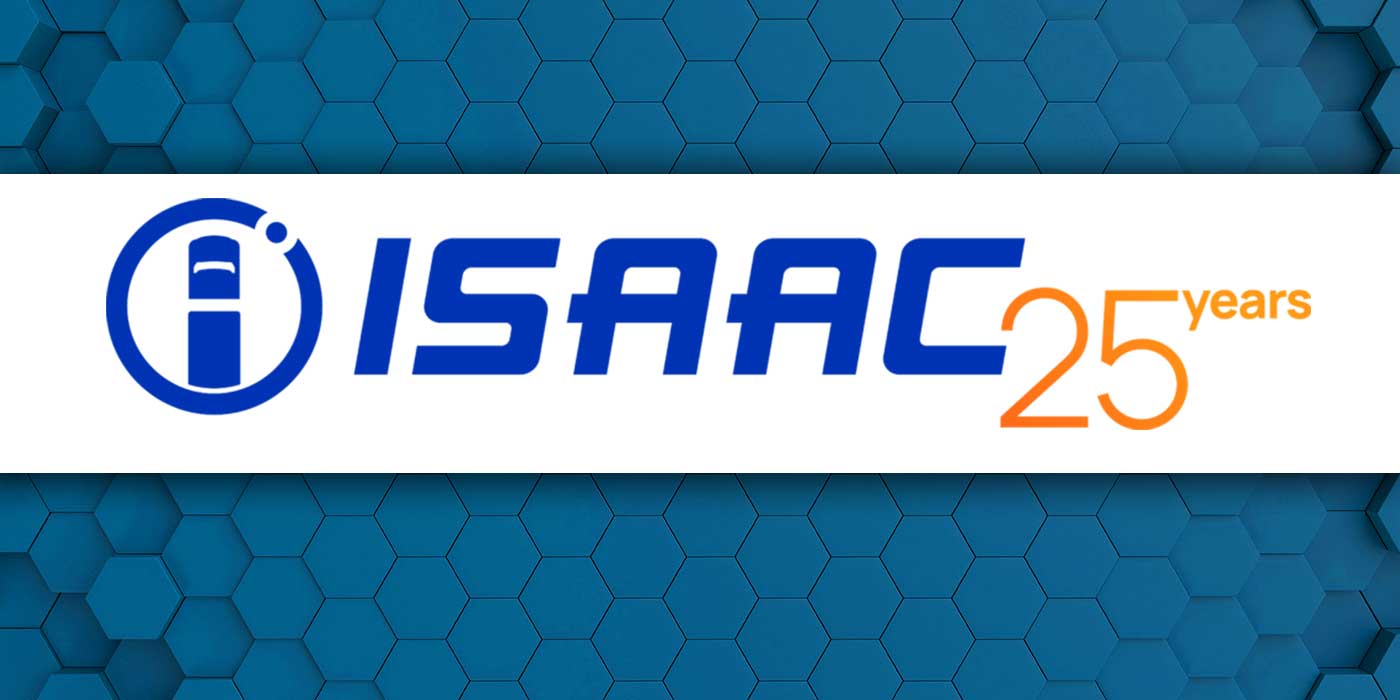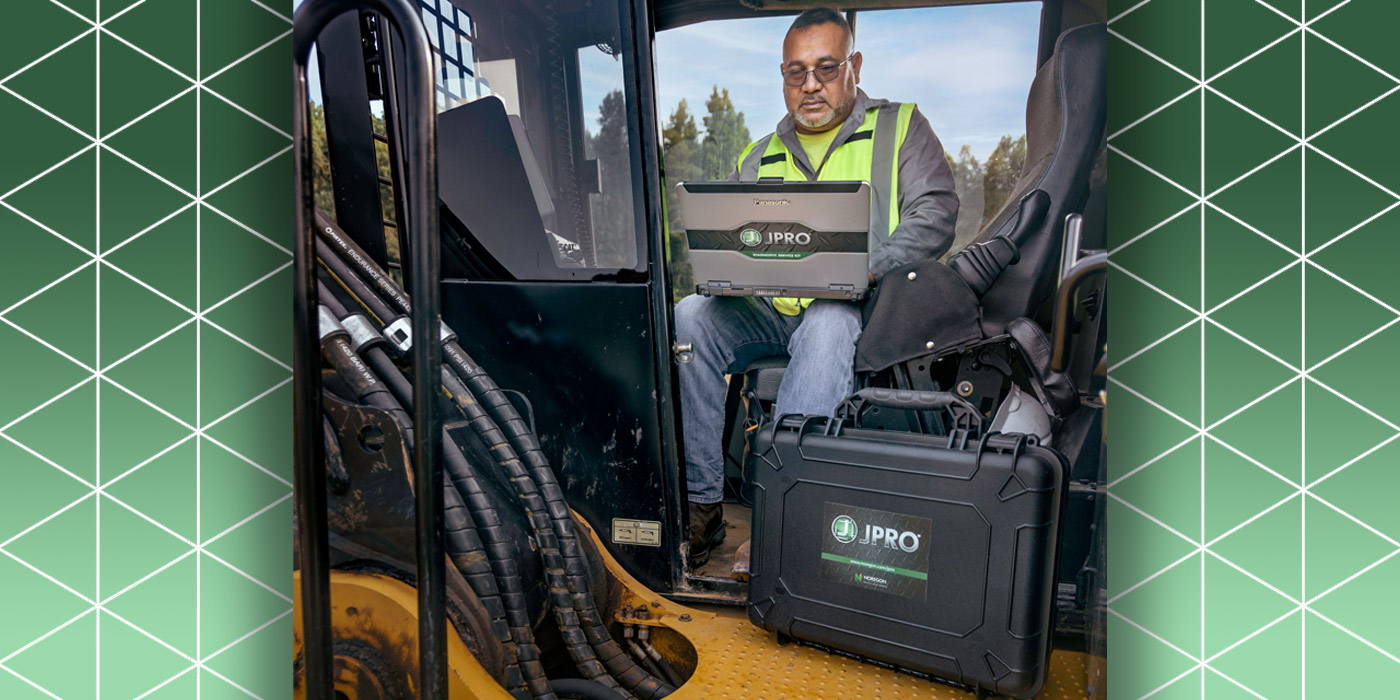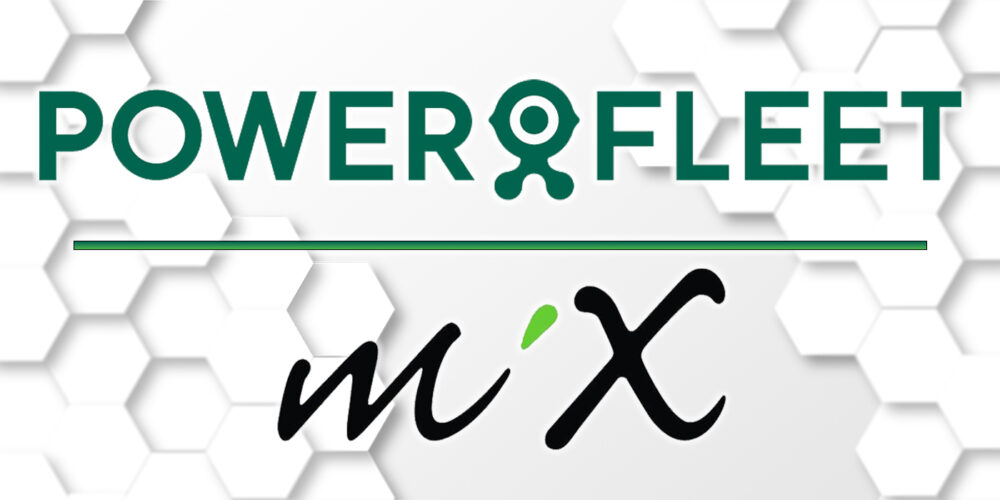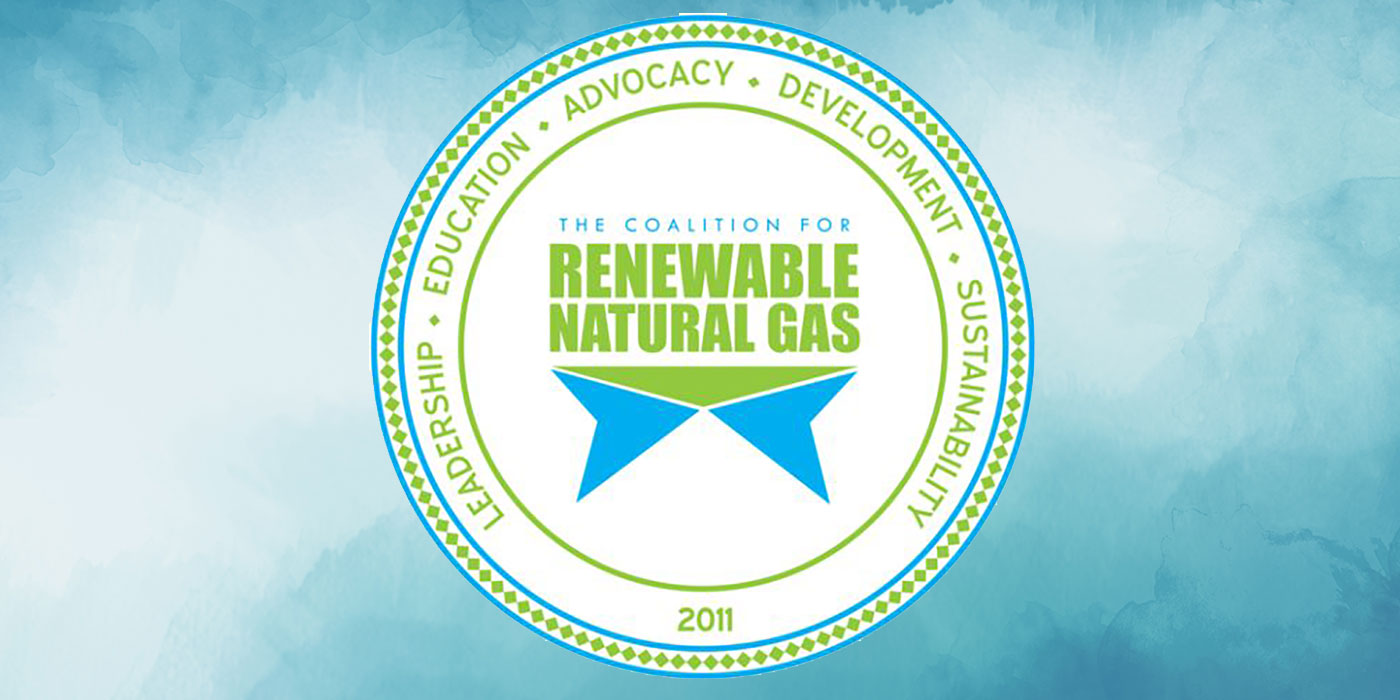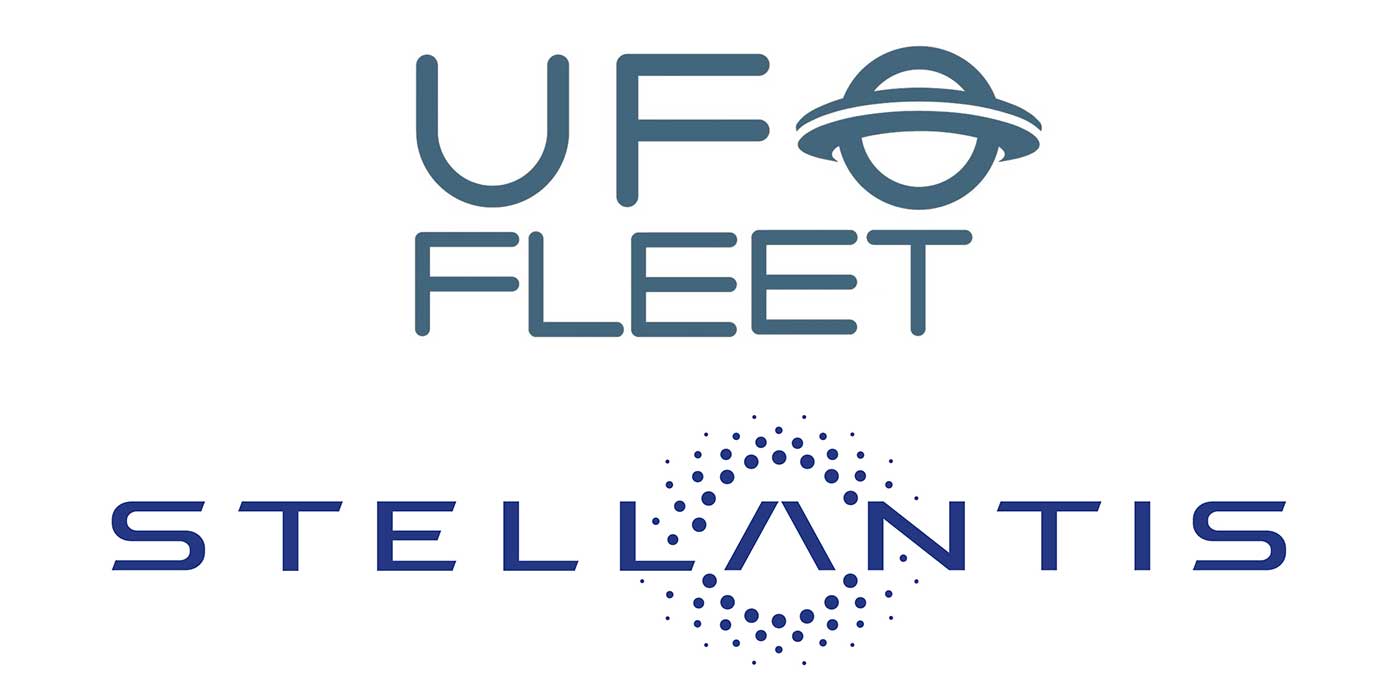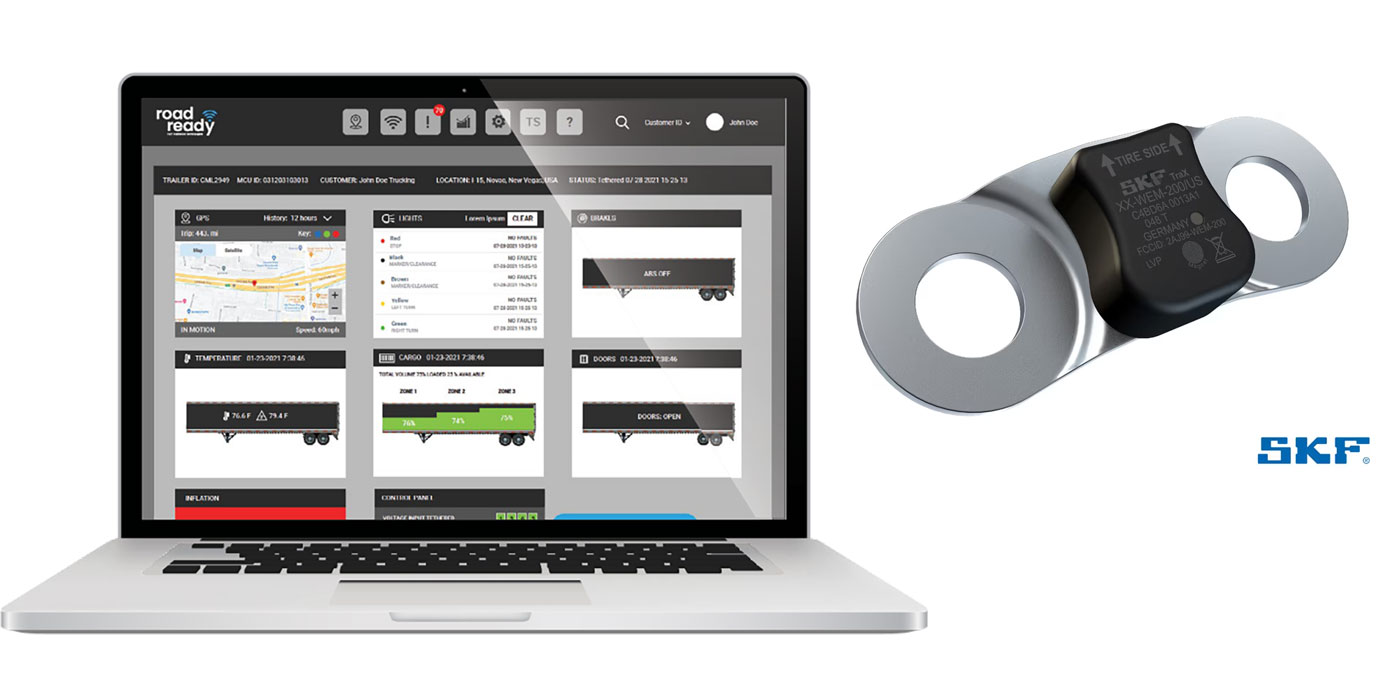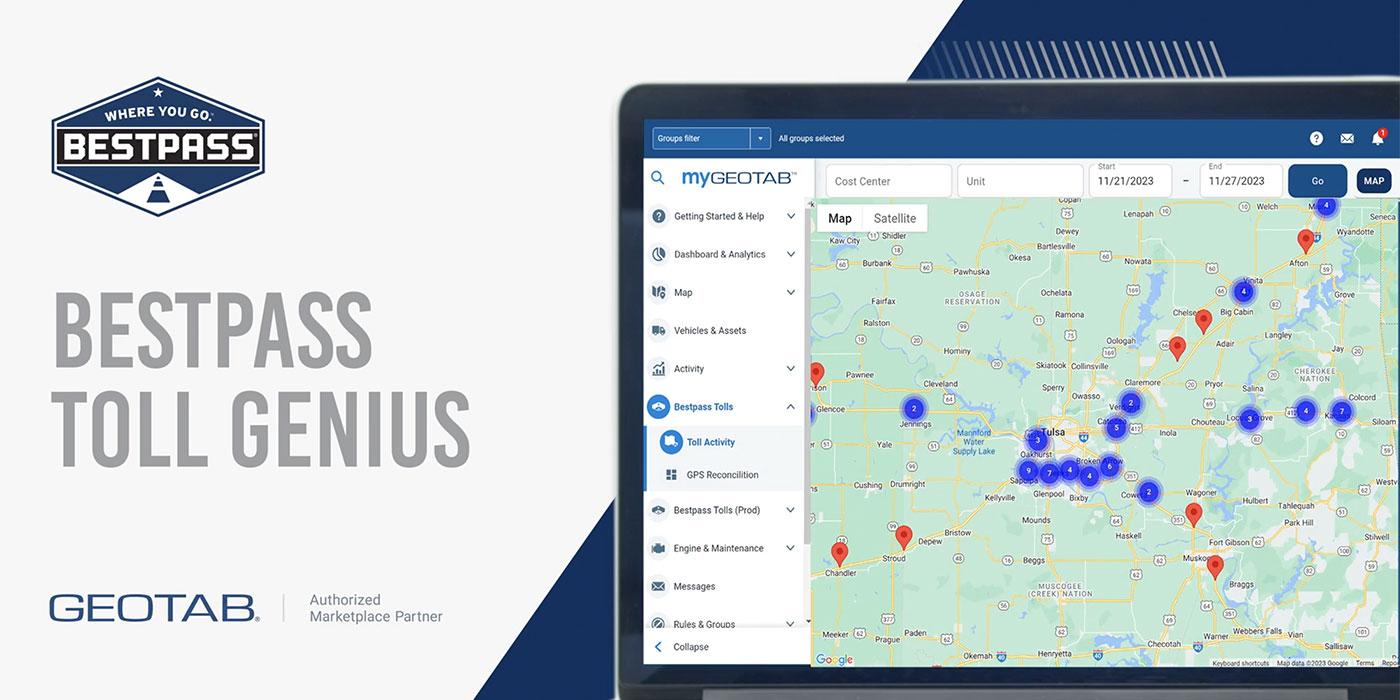In September 2016, large producers and shippers of both human and animal food were required to come into compliance with Food Safety Modernization Act (FSMA). These new, preventative standards were designed and passed in order to proactively reduce the number of foodborne illness incidents versus reacting to events. By September of 2017, small businesses with less than 500 full-time employees will need to comply. With larger companies now dealing with FSMA regulations, let’s take a look at what has happened since the compliance date. The FDA has issued a few clarifications and additional guidelines.
Who needs to comply?
“FSMA is putting the liability on shippers, because they best understand the product and they need to set the requirements for the carrier or broker if it’s an imported supplier,” says Jon Samson, executive director of agriculture and food transportation for the American Trucking Associations (ATA). “Among other aspects of food transportation safety, vehicle operation must be conducted under appropriate conditions and controls including ensuring food is properly refrigerated throughout its transportation and that vehicles be kept clean and sanitized before and after cargo is loaded and unloaded.”
What are the requirements?
Businesses may be wondering if the Global Food Safety Initiative (GFSI) certification covers their FSMA compliance. While processors likely have a hazard analysis and critical control point (HACCP) program in place, concerns may arise regarding how to pivot to more proactive Hazard Analysis and Risk-Based Preventive Controls (HARPC). At this point, don’t throw out your HACCP or other food safety plans; starting from scratch is not necessary since FSMA builds on the same principles. You may see some gaps that need to be filled, but education, training and tools such as trailer tracking with remote, real-time temperature monitoring can quickly bring you into compliance.
In addition, vehicles must be designed and made from material that can be adequately cleaned and sanitized and a sanitary condition within must be maintained to ensure that food will not become unsafe.
The temperature control per stasis equipment must be designed to provide and maintain proper temperature control. Food must be stored in a manner to prevent contamination by pests that could result in food becoming unsafe.
Operation must be conducted under appropriate conditions and controls preventing unsafe food, which includes: protective measures and proper isolation of food. The FCA offers one-hour web training for shippers on basic rules. FSMA has been signed into law. FSMA focuses on the prevention of food illness. Food companies are required to have a food safety plan in place that meets the FSMA requirements. That food safety plan needs to be created by a Preventive Controls Qualified Individual (PCQI). This course will teach you how to prepare the food safety plan under the FSMA requirements. This course, developed by FSPCA, is the “standardized curriculum” recognized by FDA. Completing this course is one way to meet the requirements for a PCQI. A Certificate of Completion from the Association of Food and Drug Officials (AFDO) is awarded at the end of the course.
Technology support
With the FSMA in effect for large businesses and just around the corner for smaller companies, it’s vital to work with a carrier or manage a trucking company that can meet regulations for food transportation. This includes monitoring and tracking temperature for refrigerated loads, and providing proof of vehicle sanitation and documentation.
Spireon, providers of trailer management and GPS tracking solutions, has developed a solution, FleetLocate FL14 temperature monitoring, which the company states can help carriers stay compliant with FSMA record keeping rules by automating detection and documentation of the cargo temperature throughout shipment. The solution also includes GPS tracking so companies can pinpoint the location of trailers at any time, whether moving or parked.
Sharp Transportation, based in Wellsville, Utah, is a Spireon customer that has both dry van and refrigerated trailers. They use Spireon’s FL12 Trailer Management solution for their dry vans and the FL14 Temperature Monitoring solution to keep their refrigerated trailers and loads compliant with FSMA.

